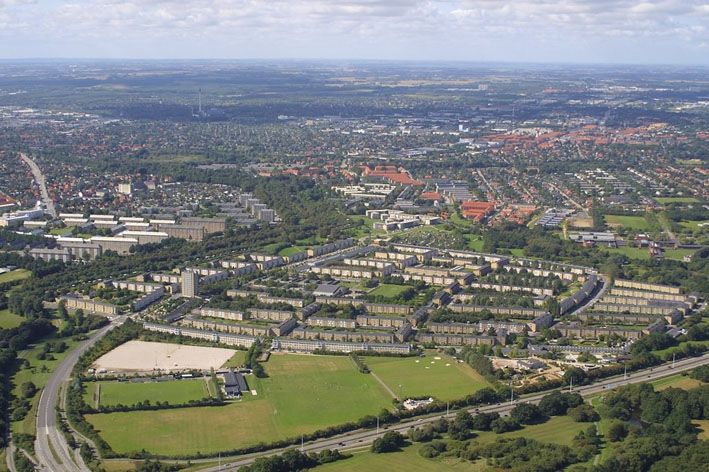The government’s annual ‘Ghetto List’ for troubled and marginalised neighbourhoods still has 25 areas listed on it, but four are new.
The areas are generally those with high levels of unemployment, high numbers of immigrants with a non-Western background, and citizens with a low level of education.
“There is already a long list of tools within the existing legislation that we can utilise in co-operation with municipalities and housing companies to meet the challenges facing the vulnerable areas,” said Ole Birk Olsesen, the new transport and housing minister.
“They include slush funds for strengthened co-ordination in the vulnerable areas, education and employment initiatives, and a sustained focus on fighting youth crime.”
READ MORE: Majority of Danish ‘ghettos’ without a doctor
Five for fighting
The four new areas on the list are Bispeparken in Copenhagen, Solbakken in Odense, Nørager/Søstjernevej in Sønderborg and Skovgårdsparken in Aarhus.
Meanwhile, the four that managed to ‘escape’ the list this year are Præstebakken/Syrenparken in Esbjerg, Sebbersundsvej in Aalborg, Løvvangen in Aalborg and Stærevej in Copenhagen.
In December 2014, the number of areas fell from 33 to 31, and then to 25 last year.
The five criteria that go into ascertaining whether an area belongs on the list are:
1 – the share of 18 to 64-year-olds not in the job market or an education is over 40 percent (on average over the past two years)
2 – the share of non-Western immigrants and their descendants is over 50 percent
3 – the number of people convicted of a general, weapons or drug crime exceeds 2.7 percent of the citizens aged 18 and over (on average over the past two years)
4 – the share of citizens aged 30-59 who have no more than a basic primary school education is more than 50 percent of the total number of citizens in the same age group
5 – the average gross income for those aged 15-64 who are taxable (excluding those seeking an education) is less than 55 percent of the average gross income for the same group in the entire region
Another of the issues facing the majority of the areas on the list is a lack of general practitioners (GP). Out of the 25 neighbourhoods on last year’s list, 15 had no GP in the area.















